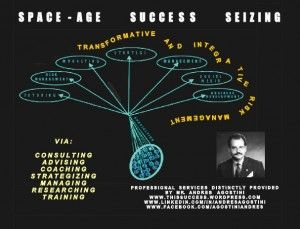Apr 1, 2014
Dirigible Drones Will Watch the World From 13 Miles Up
Posted by Seb in categories: drones, engineering, surveillance
Allen McDuffee — Wired
https://www.youtube.com/watch?v=1sGqQek3pqQ#t=106
With UAVs crowding navigable airspace and plans underway to put giant mega-satellites into orbit, it was just a matter of time before a drone-satellite hybrid was developed to fit between the two spaces. StratoBus, a new project out of France, is conceptualized to do just that. Designed to be about the length of a football field and 25 yards in diameter, the blimp-shaped vehicle’s shell will be made of carbon fiber.
Without a launcher, StratoBus floats to the lower stratosphere at an altitude of about 13 miles where developers say it will be in a perfect position to carry out a range of functions, including surveillance, border security monitoring, communications reinforcement and facilitating navigation — all from a stationary position with the help of two self-adjusting electric motors. The StratoBus will be able to endure missions of up to a year with a total lifetime of five years.



 It’s been 50 years since
It’s been 50 years since 












